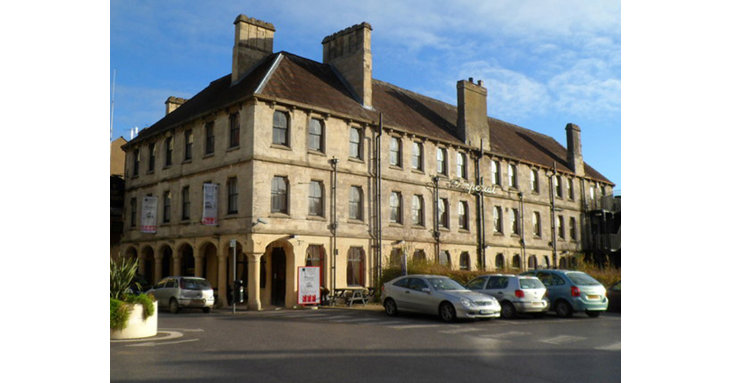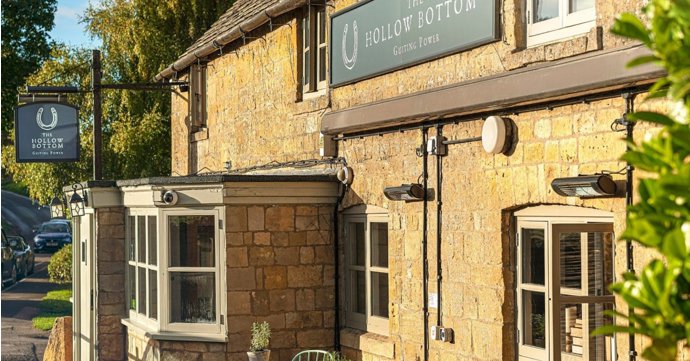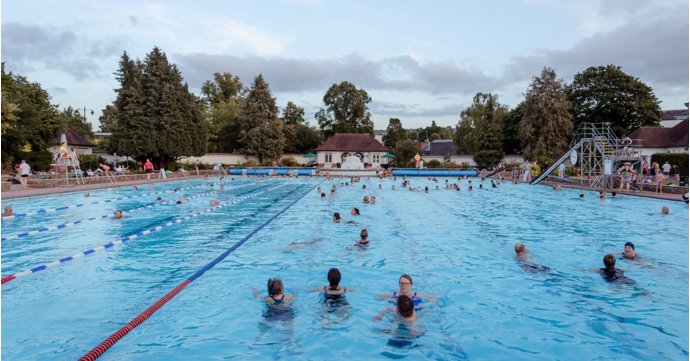Stroud’s Imperial Hotel is being given Grade II listed status by the Department of Digital, Culture, Media and Sport to mark the Queen’s Platinum Jubilee this June 2022.
The Imperial Hotel on Station Road in Stroud is one of six sites across the country being newly listed as part of the Jubilee celebrations.
Built in 1863, the hotel’s design by Stroud architect Benjamin Becknall was inspired by Cotswold market halls and continental colonnades and features local limestone.
It was a popular destination for travellers from London and the Midlands due to its location opposite the Great Western Railway station and was instrumental in growing Stroud’s tourism industry. After a refurbishment in 1950, the hotel was visited by Queen Elizabeth II in 1951, when she was still just a princess, as part of a tour of Stroud.
The Imperial Hotel joins the Queen’s Theatre in London; Sun Pavilion and Colonnade in Harrogate; Hampshire Archives; All Saints’ Church in Birmingham; and markers along the M62 motorway between Yorkshire and Lancashire, which was officially opened by the Queen in 1971 – which are all being listed to celebrate the Jubilee and recognise the important social, technological and cultural changes that have taken place during Queen Elizabeth II’s 70-year reign.
Chief executive of Historic England, Duncan Wilson, said: ‘These new listings celebrate the diversity and richness of our heritage overseen by Her Majesty during her 70-year reign, showing how the fabric of the nation has changed and developed.
‘These sites cover the length and breadth of the country – from All Saints’ Church near Birmingham which she opened in 1955 when she was newly crowned, to the high-tech Hampshire Public Records Office, completed in 1993.’
Heritage minister Nigel Huddleston added: ‘These historic sites provide a fantastic opportunity to reflect on how much life in the UK has changed during Her Majesty the Queen’s 70-year reign. Listing them as part of the Platinum Jubilee celebrations is a fitting way to pay tribute to the longevity of her service.’

















